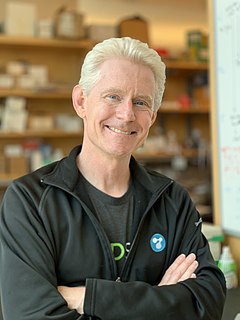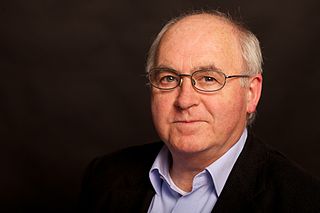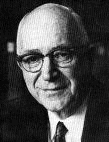A Quote by Amanda Foreman
I was a graduate student at Oxford when I discovered Georgiana.
Quote Topics
Related Quotes
I'd gone to Oxford to do graduate studies in the history of the slave trade, but I came across Georgiana's letters, gave up that thesis, and wrote one on her instead. When I learned that Georgiana's great-nephews supported opposite sides in the American Civil War, I knew this would be the perfect sequel.
Surveying the way viruses have been discovered in the past, I came to the conclusion that I could use my technology that I developed as a graduate student - DNA microarray technology - to create a chip that would simultaneously screen for all viruses ever discovered, and furthermore have the built-in capability of discovering new viruses.
A paradigm is a powerful theoretical and methodological framework which defines the working lives of thousands of intelligent and disciplined minds. And paradigms do not attract the loyalty of such minds unless they 'work'. One of the first things a graduate student learns is that if there is a discrepancy between the paradigm and what he or she has discovered, then the automatic assumption is that the paradigm is right and the student wrong. Just as a good workman never blames his tools, so the diligent student never blames his paradigm
I started doing science when I was effectively 20, a graduate student of Salvador Luria at Indiana University. And that was - you know, it took me about two years, you know, being a graduate student with Luria deciding I wanted to find the structure of DNA; that is, DNA was going to be my objective.
An old joke has an Oxford professor meeting an American former graduate student and asking him what he's working on these days. 'My thesis is on the survival of the class system in the United States.' 'Oh really, that's interesting: one didn't think there was a class system in the United States.' 'Nobody does. That's how it survives.







































